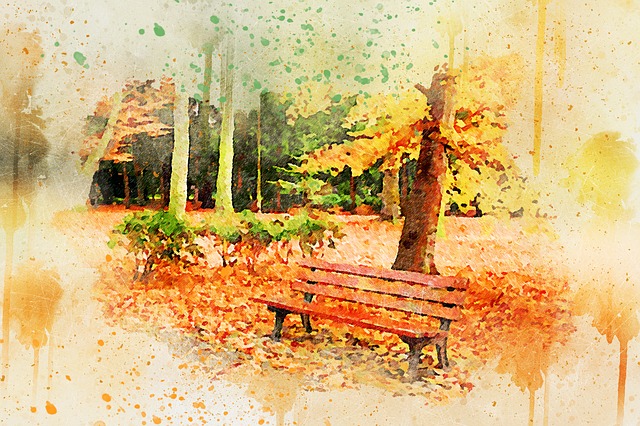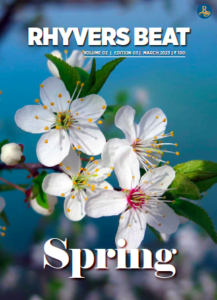HAIKU BLOSSOMS (21)

Stories Haibun Tell
The Three Rs: Reading, ’Riting, Risk-Taking
> . > Read online and print journals that offer haiku, haibun, and related craft essays.
> · > Buy haiku and haibun collections. Read them.
> · > Find a published haibun you like and circle in red the parts that work for you.
> · > Attend haibun conferences and workshops, either online or in person.
> · > Aim to write a haiku every day, especially if you are new to the form.
> · > Dig deep into your own experiences when writing.
> · > When writing from experience, don’t be chained by the facts: something doesn’t need to be factual to be true.
> · > Pick apt details—just because it happened doesn’t necessarily make it interesting—and don’t be afraid to augment.
> · > Try different writing styles. Write one haibun with short, clipped sentences, another with one long sentence. What works for the topic?
> · > Experiment with haiku placement to find the best fit.
> · > Share and workshop your haibun with writers you trust. Be open to suggestions and criticisms.
> · > Rewrite as needed.
> · > Be a writing risk-taker by experimenting with form.
> · > Enter haibun contests even if you have written only one.
> · > Read and study the judges’ comments on haibun contest winners.
As editor in chief of cho, Rich guides haibun writers who submit their work, and I have had the good fortune to publish my haibun with his expert guidance.
Why Combine Haiku and Prose? Glad You Asked…
Rich Youmans
Oh, so many reasons. I first began writing haibun in the early 1990s because (1) it allowed me to express thoughts and experiences in ways I couldn’t with haiku alone, and (2) the haiku allowed me to express more that I could with prose. Today, although haibun has grown in scope to cover everything from brief biographical episodes to surrealistic prose-poem narratives and “flash” stories, the haiku still serve an essential role: They create leaps that, rather than interrupting or dangling like useless appendages, actually enrich the reading experience. If the prose is a river, then the haiku are islands that permit the reader to pause, to dwell, to contemplate, to reflect and see anew. They offer different vantage points and new strains of thought—maybe a dash of humor, or a touch of wonder or poignancy or mystery—that complement and deepen the prose. And because they are poems, they have a charge, a succinct potency, that can’t be achieved through prose alone.
The wood has weathered to driftwood gray, but it’s still our park bench: the same hard slats and chipped concrete arms, the same deep curve that turns my body into a question mark. And the exact same view of the public garden, where pale buds glow in the morning sun. Thirty years ago we’d sit here, two brothers stuck in a town too full of Sunday quiet. Weekends we always wandered down to Main Street, poking our heads into Mr. Jensen’s bakery to beg a day-old special, then up to Anderson’s Drugs to check out the new comic books. And then to the park and our bench, where I’d make up tales of the days and nights to come, when we’d be old enough to break away. We’d fly to Paris, woo pouty-lipped women. Run with the bulls in the streets of Pamplona. Drink the Guinness dry in Dublin’s old pubs.You’d nod your bulbous head, laughing and making those gutteral noises that only our parents and I understood. Neither of us was meant to live here long. You left without me, as we all knew you would. And every year I return to this spot to watch the flowers bloom, their petals like tongues speaking nothing but sun.
every stone touched
by another’s shadow















